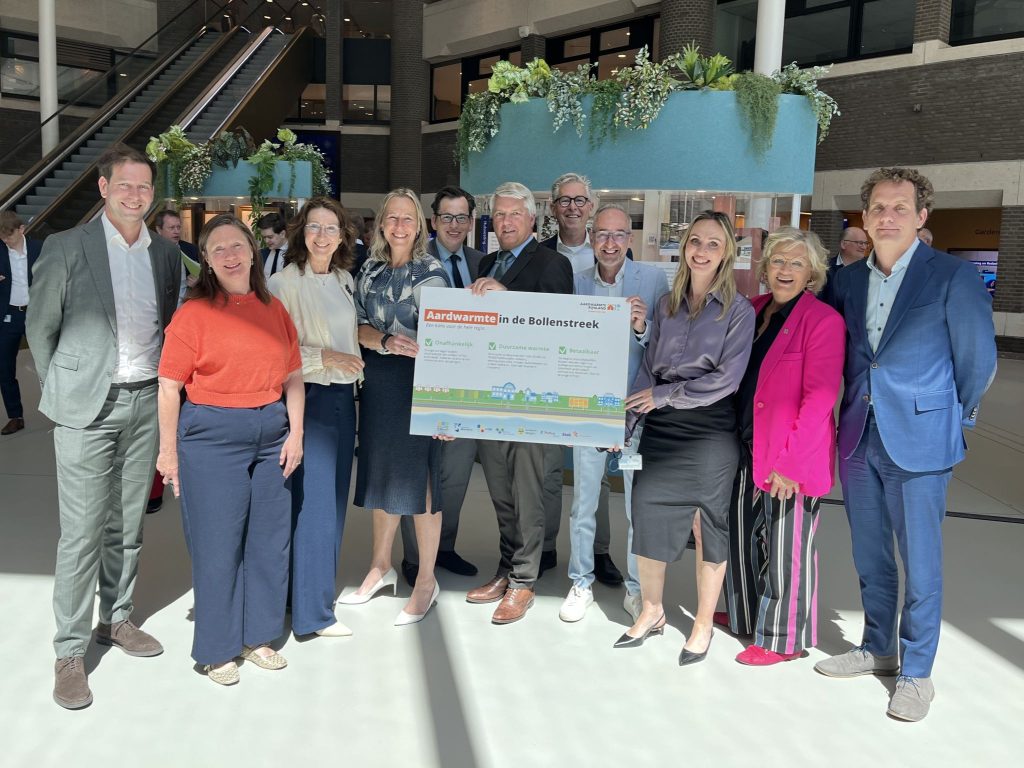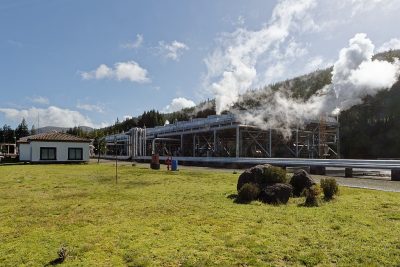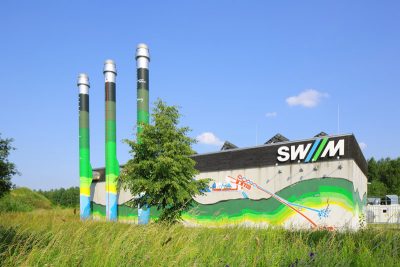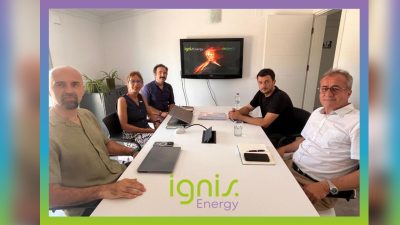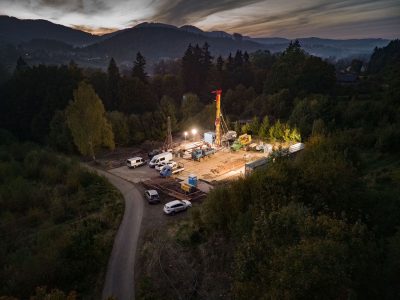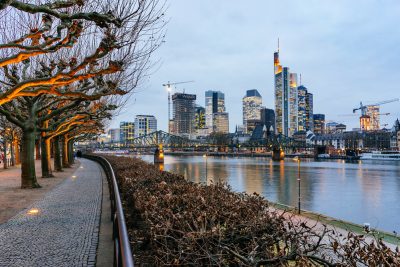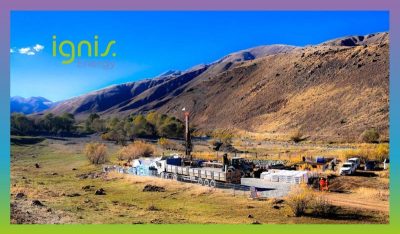Bollenstreek, Netherlands calls for strong government support for geothermal
Multiple municipalities and companies from the Bollenstreek region in the Netherlands call for stronger support from the government for geothermal heating.
Several groups from the Bollenstreek region of the Netherlands have presented a manifesto to the House of Representatives in The Hague calling for a strong national support for the development of geothermal energy for heating in the region.
The municipalities of Noordwijk, Lisse, Teylingen and Hillegom, the Holland Rijnland region, housing associations Stek Wonen and Padua and initiator Aardwarmte Rijnland jointly request:
- Accelerated introduction of the Collective Heating Act
- A financial boost of EUR 300 to 400 million to guarantee affordability of geothermal installations for residents and businesses
The signatories of the manifesto had previously signed letter of intent to jointly evaluate the potential for a large-scale geothermal heating network in Bollenstreek.
Of the proposed funding, EUR 120 million will be designated as pre-investment in the pipeline for regional heat supply. The remaining will be used to ensure an affordable energy bill for 50,00o to 70,000 residents and companies in the region. The manifesto states that such investment will result in structural and social costs savings of up to EUR 800 million compared to a scenario of all-electric heat pumps.
Geothermal energy in the Rijnland region has the potential of delivering up to 1,500,000 GJ of sustainable heat per year. This can reduce CO2 emissions by up to 100 tons per year, and create annual savings up up to 70 million cubic meters of natural gas.
Why is geothermal essential in Bollenstreek?
Currently, almost 80% of the heat in the region comes from, mainly foreign, natural gas. This makes households, industry and SMEs vulnerable to high gas prices as a result of geopolitical tensions. Without a regional heating network, the growing number of heat pumps will mean that the local grid will before full due to an additional power demand of 110 MVA. Grid congestion due to an all-electric heating transition can cost the region EUR 400 to 500 million annually in lost economic activity and postponed sustainability.
The proposed heating network will allow residents to switch to geothermal energy free of charge. Homes will be supplied with guaranteed stable and sustainable heat, and will not have to resort to drastic insulation measures and major renovations.
Source: Alles over Aardwarmte
